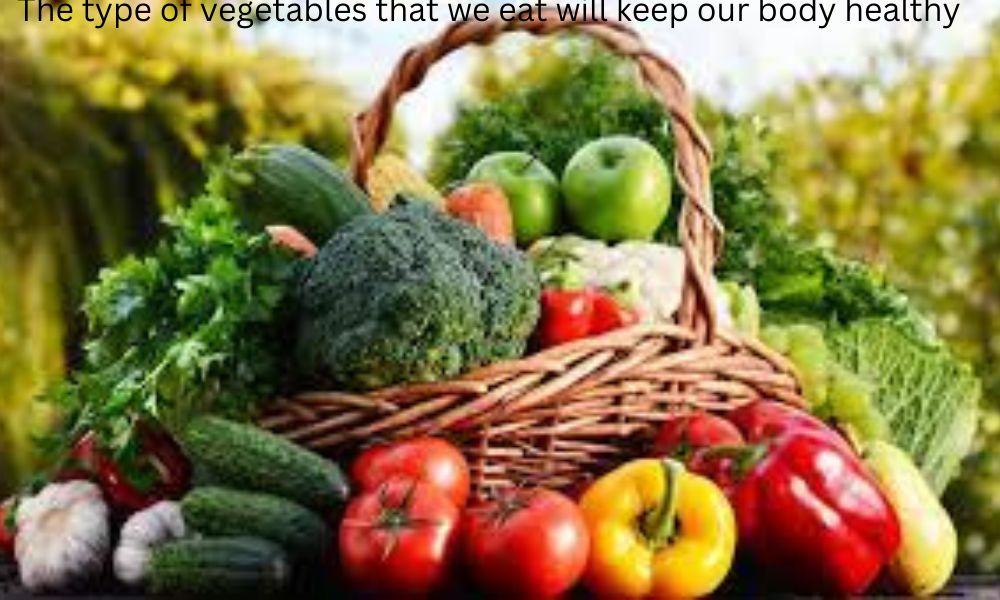The type of vegetables that we eat will keep our body healthy
Eating vegetables is an important part of maintaining a healthy diet. Vegetables are packed with vitamins, minerals, fiber, and other essential nutrients that help keep the body healthy and strong. In this blog, we’ll explore the type of vegetables that we eat that will keep our body healthy.
Leafy Greens
Leafy greens such as spinach, kale, and collard greens are packed with vitamins and minerals, including vitamin A, vitamin C, calcium, and iron. They are also low in calories and high in fiber, making them a great addition to any healthy diet. Leafy greens are also a good source of antioxidants, which help protect the body against cell damage caused by free radicals.
Cruciferous Vegetables
Cruciferous vegetables such as broccoli, cauliflower, and Brussels sprouts are packed with vitamins and minerals, including vitamin C, vitamin K, and folate. They are also a good source of fiber and antioxidants, which help protect the body against cell damage caused by free radicals. Cruciferous vegetables have been linked to a lower risk of cancer and other chronic diseases.
Sweet Potatoes
Sweet potatoes are a good source of fiber, vitamin A, vitamin C, and potassium. They are also low in calories and have a low glycemic index, which means they don’t cause a sharp increase in blood sugar levels. Sweet potatoes are also a good source of antioxidants, which help protect the body against cell damage caused by free radicals.
Tomatoes
Tomatoes are a good source of vitamin C, vitamin K, and potassium. They are also a good source of antioxidants, including lycopene, which has been linked to a lower risk of cancer and other chronic diseases. Tomatoes are also low in calories and can be eaten raw or cooked.
Bell Peppers
Bell peppers are a good source of vitamin C, vitamin A, and fiber. They are also low in calories and come in a variety of colors, including green, red, yellow, and orange. Bell peppers are also a good source of antioxidants, which help protect the body against cell damage caused by free radicals.

The type of vegetables that we eat will keep our body healthy
Carrots
Carrots are a good source of fiber, vitamin A, and potassium. They are also low in calories and have a low glycemic index, which means they don’t cause a sharp increase in blood sugar levels. Carrots are also a good source of antioxidants, which help protect the body against cell damage caused by free radicals.
Onions
Onions are a good source of vitamin C, vitamin B6, and fiber. They are also low in calories and add flavor to many different dishes. Onions are also a good source of antioxidants, including quercetin, which has been linked to a lower risk of cancer and other chronic diseases.
Mushrooms
Mushrooms are a good source of vitamin D, vitamin B6, and potassium. They are also low in calories and a good source of antioxidants, which help protect the body against cell damage caused by free radicals. Mushrooms have also been linked to a lower risk of cancer and other chronic diseases.
Cucumbers
Cucumbers are a good source of vitamin K, vitamin C, and fiber. They are also low in calories and have a high water content, which makes them a great choice for hydration. Cucumbers are also a good source of antioxidants, which help protect the body against cell damage caused by free radicals.
Beets
Beets are a good source of fiber, folate, and potassium. They are also a good source of antioxidants, including betalains, which have been linked to a lower risk of cancer and other chronic diseases. Beets are also low in calories and can
